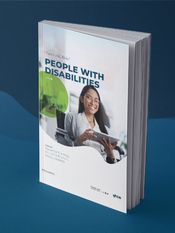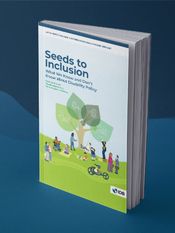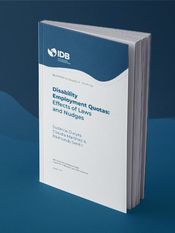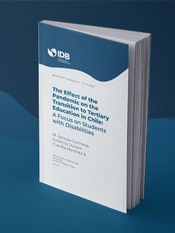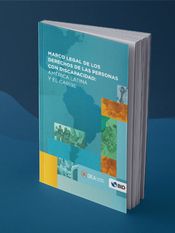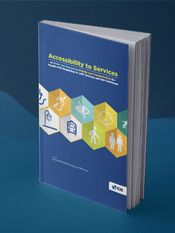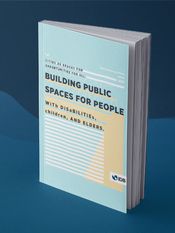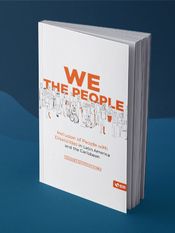The population with disabilities in Latin America and the Caribbean is projected to increase from approximately 88 million in 2020 to 150 million in 2050. Despite robust legal frameworks, people with disabilities still face barriers that limit their ability to contribute fully to society and the economy.
Our approach to disability inclusion focuses on eliminating barriers to social and economic participation, enabling greater autonomy and access to opportunities.
The IDB continues to advance disability inclusion across its portfolio, with an increasing number of projects integrating actions to close gaps between people with and without disabilities.

means fostering inclusive education, early screening, labor market participation, and shifting mindsets. These efforts create opportunities that strengthen the autonomy and productivity of persons with disabilities while advancing social equity and economic growth.
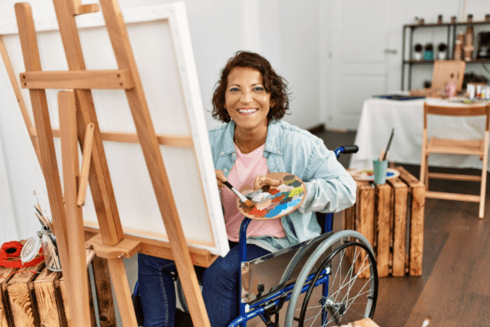
ensure people with disabilities can make their own decisions and fully participate in societies and the economies. By promoting accessible certification processes, inclusive care policies, and caregiver support, these systems strengthen independence and inclusion.
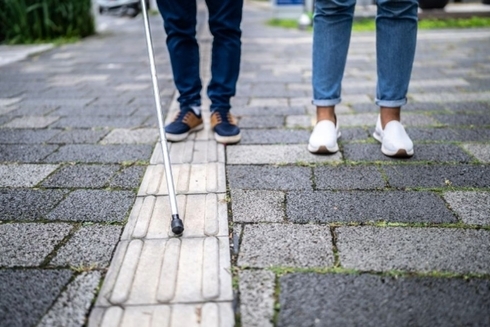
means incorporating accessibility from the start. Planning for diverse needs upfront, creates more efficient and cost-effective solutions.
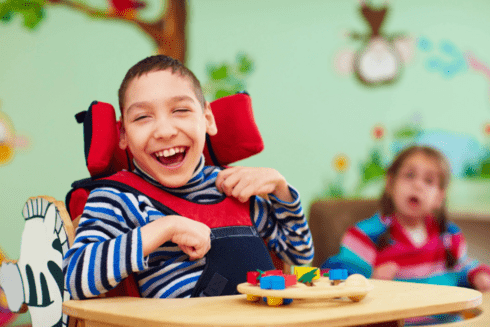
Early identification
The early identification of disabilities is important to ensure that children receive the appropriate services and assistive technologies they need to develop their potential and participate fully in all aspects of life. The IDB supports countries in implementing early screening initiatives.
Inclusive education
Inclusive education is key to ensuring that all children can access quality learning opportunities, participate fully in the classroom, and reach their potential. Evidence shows that it also builds a more skilled workforce and a stronger economy. The IDB supports countries in removing the barriers that prevent students with disabilities from thriving in school.
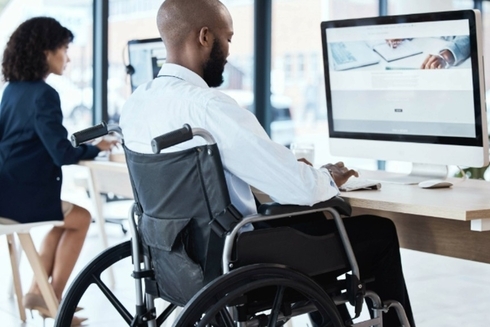
Labor market inclusion
Expanding access to quality employment is key to advancing the economic participation and autonomy of people with disabilities. The IDB works with countries to remove the barriers and support the full participation of persons with disabilities in quality jobs.
Read: Employment opportunities in Chile
Expanding opportunities and changing mindsets
Sports have potential benefits at both the individual and societal levels. They help open opportunities and shift perceptions about disability.

Assessment and certification of disabilities
A disability certificate is a voluntary administrative procedure that is often a prerequisite for accessing social services. Reliable and accessible certification processes reduce transaction costs and allow persons with disabilities to demonstrate their eligibility for programs without facing unnecessary bureaucratic barriers or stigmatization.
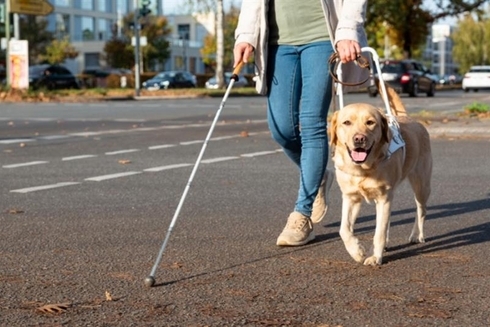
Care Policy
In consideration of the rapid aging of the population and the disproportionate burden of unpaid care work carried by women, governments in the region are developing care systems to respond to demographic shifts and address the growing need for care across diverse populations. People with disabilities are a key focus of these systems, while many live independently, a sub-population requires assistance to carry out daily activities. In addition, caregivers themselves may also have disabilities. Women continue to provide most unpaid care for family members with disabilities. Two services are central to supporting people with disabilities with functional dependence: personal assistance programs and center-based programs. Policy design also recognizes the importance of enabling caregivers to remain active in the labor force.
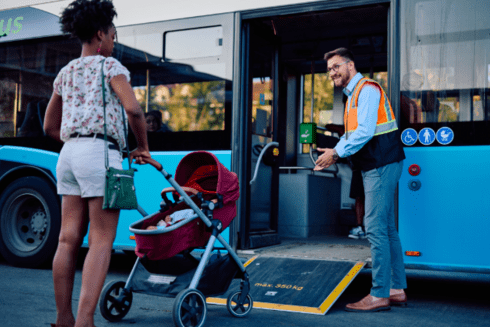
Universal design
Rather than making ex-post adjustments which can often be costly, the universal design approach plans for the needs of a diverse population from the outset, such that the final product will be accessible and user-friendly to a diverse population.
Read: Supporting accessible public transportation in Ecuador
Read: Inclusive planning for accessible cable car stations in Bolivia
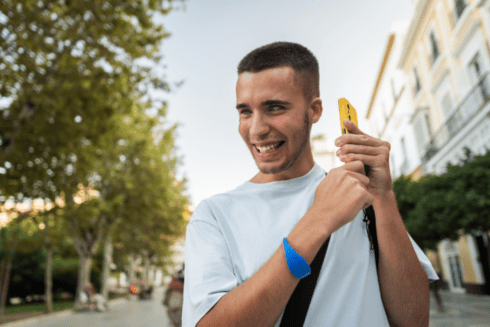
Accessible digital platforms
The overall lack of information about the accessibility of public infrastructure in the region limits the use of public services by people with disabilities.
Discover: Citizen-powered data for more accessible cities in Latin America
Learn: Improving digital accessibility to meet international standards

Early identification
The early identification of disabilities is important to ensure that children receive the appropriate services and assistive technologies they need to develop their potential and participate fully in all aspects of life. The IDB supports countries in implementing early screening initiatives.
Inclusive education
Inclusive education is key to ensuring that all children can access quality learning opportunities, participate fully in the classroom, and reach their potential. Evidence shows that it also builds a more skilled workforce and a stronger economy. The IDB supports countries in removing the barriers that prevent students with disabilities from thriving in school.

Labor market inclusion
Expanding access to quality employment is key to advancing the economic participation and autonomy of people with disabilities. The IDB works with countries to remove the barriers and support the full participation of persons with disabilities in quality jobs.
Read: Employment opportunities in Chile
Expanding opportunities and changing mindsets
Sports have potential benefits at both the individual and societal levels. They help open opportunities and shift perceptions about disability.

Assessment and certification of disabilities
A disability certificate is a voluntary administrative procedure that is often a prerequisite for accessing social services. Reliable and accessible certification processes reduce transaction costs and allow persons with disabilities to demonstrate their eligibility for programs without facing unnecessary bureaucratic barriers or stigmatization.

Care Policy
In consideration of the rapid aging of the population and the disproportionate burden of unpaid care work carried by women, governments in the region are developing care systems to respond to demographic shifts and address the growing need for care across diverse populations. People with disabilities are a key focus of these systems, while many live independently, a sub-population requires assistance to carry out daily activities. In addition, caregivers themselves may also have disabilities. Women continue to provide most unpaid care for family members with disabilities. Two services are central to supporting people with disabilities with functional dependence: personal assistance programs and center-based programs. Policy design also recognizes the importance of enabling caregivers to remain active in the labor force.

Universal design
Rather than making ex-post adjustments which can often be costly, the universal design approach plans for the needs of a diverse population from the outset, such that the final product will be accessible and user-friendly to a diverse population.
Read: Supporting accessible public transportation in Ecuador
Read: Inclusive planning for accessible cable car stations in Bolivia

Accessible digital platforms
The overall lack of information about the accessibility of public infrastructure in the region limits the use of public services by people with disabilities.
Discover: Citizen-powered data for more accessible cities in Latin America
Learn: Improving digital accessibility to meet international standards
Discover the topics in which we work to improve lives in Latin America and the Caribbean.
Explore our offices across countries and the work they do to improve lives.

